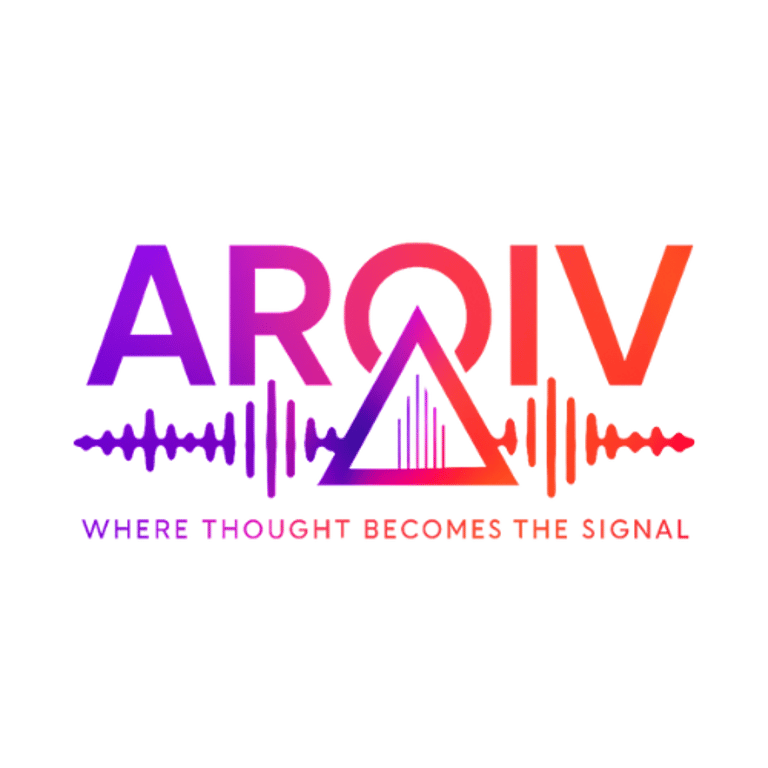Sleepless in the Past: Unraveling the Evolution of Sleep
Sleep, the one thing we all do and know nothing about.
Steven Ryan
7/3/20252 min read


Why We Sleep: A Historical Perspective
Ever wondered why we sleep the way we do today? If you travel back through time, you'll find that sleep habits have dramatically evolved. In ancient times, people didn’t slip into slumber like we do now. Instead, they practiced what's known as segmented sleep, breaking the night into two distinct sleep phases. This cyclical pattern allowed for waking periods in between, where they could engage in activities like reading, praying, or even socializing. The reasons behind this phenomenon might surprise you—but perhaps not as much as the crazy sleep habits of famous geniuses like Nikola Tesla!
The Siesta Culture and Other Sleep Myths
Countries with sunny climates have given rise to the siesta—an afternoon nap tradition that has become synonymous with laid-back living. The science behind this is simple: heat and energy conservation. But what about those places where the sun barely sets? Think Alaska and the midnight sun, where sleep patterns shift to align with the daylight. During those summer months, customizing your sleep routine is crucial for maintaining energy levels. Who needs blackout curtains when the sun just refuses to go away?
Science Fiction to Reality: The Future of Sleeping
As we journey further into the 21st century, sleep technology is starting to resemble science fiction. From dream-controlling devices to AI-powered sleep pods, the catalog of weird and wonderful tools designed to enhance our nightly rest continues to grow. Smart rings, headbands, and neurostimulators promise tailored sleep experiences based on your individual needs. And guess what? Some of these tools are already changing the way we think about sleep optimization.
The programs that populate your sleep tracker aren’t just there for kicks—there's real science behind them. But is the ultimate sleep experience just a gadget away? Or is sleep an ancient practice that needs to be respected and preserved? These questions may lead us to a better understanding of not only how we sleep today but also how we might sleep in the future.
Whether you're a night owl or an early bird, it seems there's always more to explore about this fascinating aspect of our lives. So, the next time you snuggle under your covers, take a moment to ponder our unique relationship with sleep, from historical practices to cutting-edge tech. It’s mind-bending in more ways than one!
Check out the episode Youtube/@arqiv-podcast
